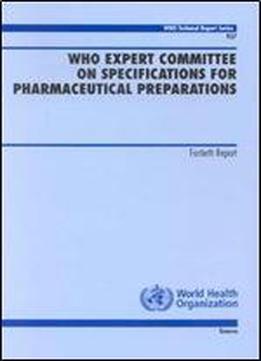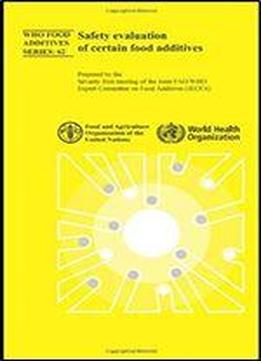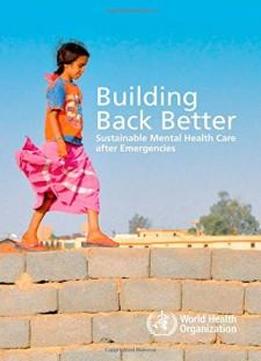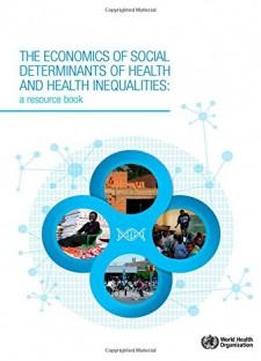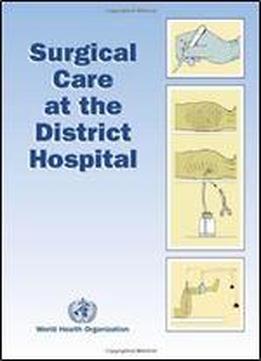
Surgical Care At The District Hospital
Tags:
World Health Organization
Many patients who present to district (first-referral) level hospitals require surgical treatment for trauma, obstetric, abdominal or orthopedic emergencies. Often surgery cannot be safely postponed to allow their transfer to a secondary or tertiary-level hospital but many district hospitals in developing countries have no specialist surgical teams and are staffed by medical, nursing, and paramedical personnel who perform a wide range of surgical procedures often with inadequate training. The quality of surgical and acute care is often further constrained by poor facilities, inadequate low-technology apparatus and limited supplies of drugs, materials, and other essentials.The mission of the team responsible for Clinical Procedures in the World Health Organization Department of Essential Health Technologies (EHT) is to promote the quality of clinical care through the identification, promotion and standardization of appropriate procedures, equipment and materials, particularly at district hospital level. WHO/BCT has identified education and training as a particular priority, especially for non-specialist practitioners who practice surgery and anesthesia. It has therefore developed Surgical Care at the District Hospital as a practical resource for individual practitioners and for use in undergraduate and postgraduate programs in-service training and continuing medical education programs. The manual is a successor of three earlier publications that are widely used throughout the world and that remain important reference texts: General Surgery at the District Hospital (WHO 1988), Surgery at the District Hospital: Obstetrics Gynecology Orthopedics and Traumatology (WHO 1991), Anesthesia at the District Hospital (WHO 1988 second edition 2000). This new manual draws together material from these three publications into a single volume which includes new and updated material, as well as material from Managing Complications in Pregnancy and Childbirth: A Guide for Midwives and Doctors (WHO 2000).Many patients who present to district (first-referral) level hospitals require surgical treatment for trauma, obstetric, abdominal or orthopedic emergencies. Often surgery cannot be safely postponed to allow their transfer to a secondary or tertiary-level hospital but many district hospitals in developing countries have no specialist surgical teams and are staffed by medical, nursing, and paramedical personnel who perform a wide range of surgical procedures often with inadequate training.




